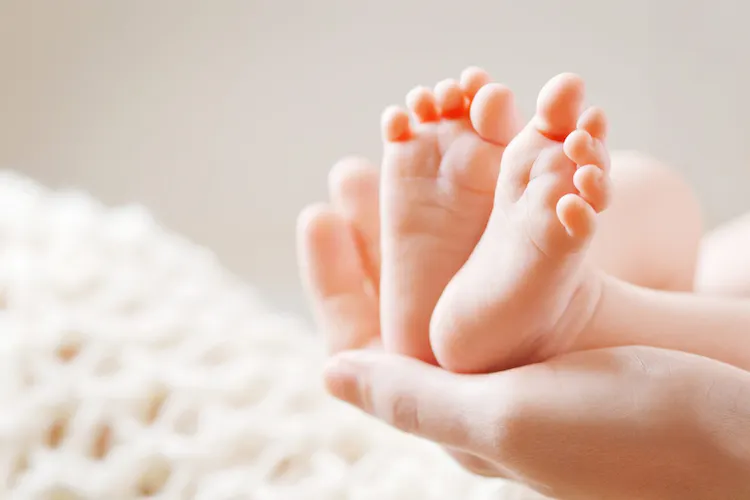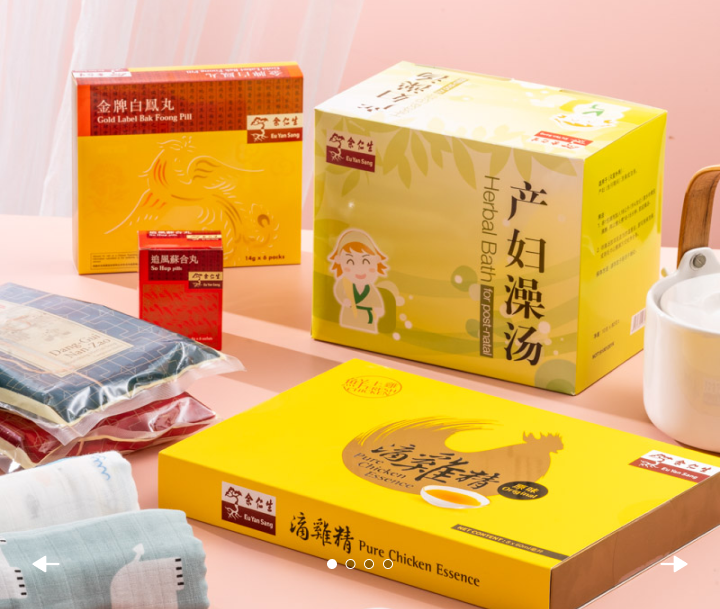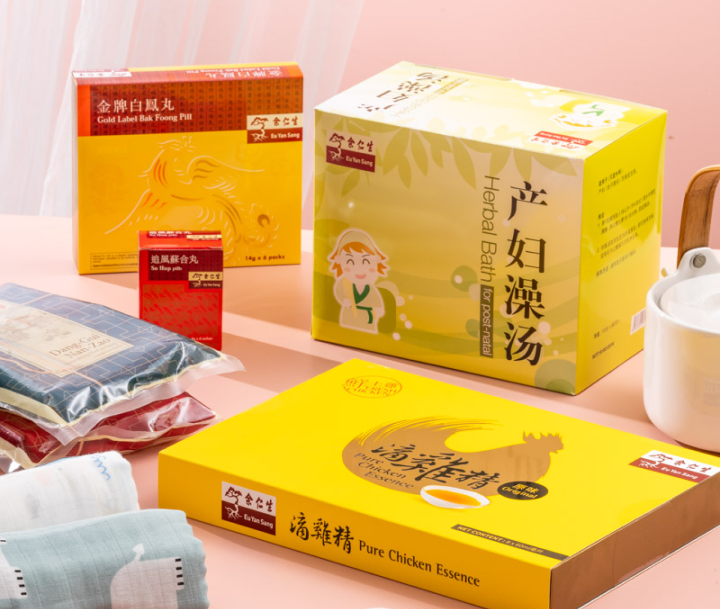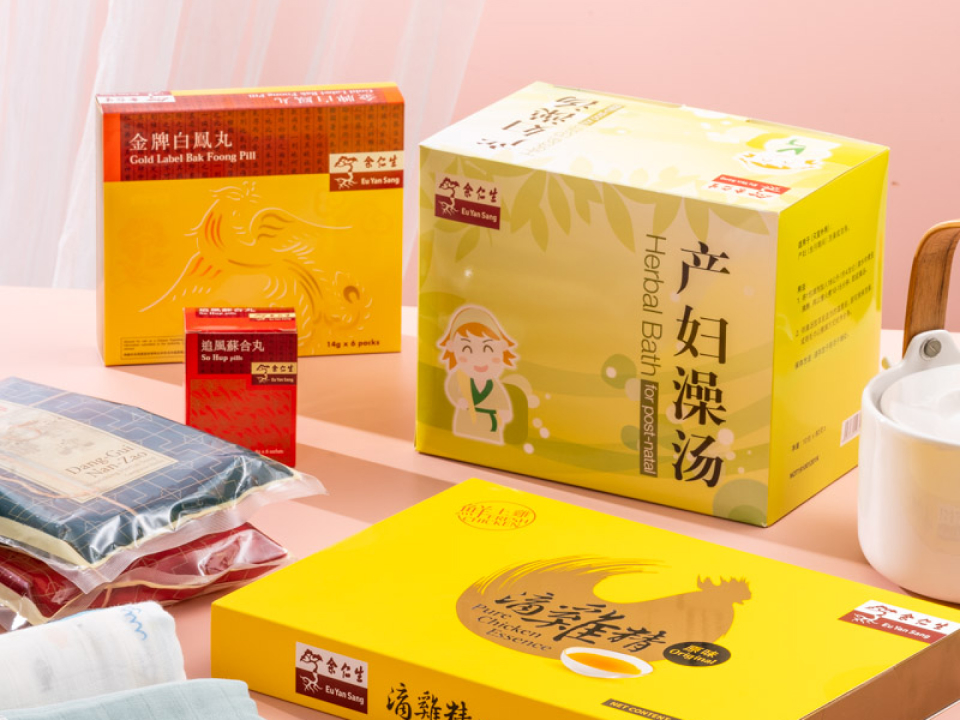Postpartum Depression
Postpartum Depression: Women Share Their Struggles and Survival Stories
Posted on 7 Nov 2022

Postpartum depression (PPD) is a complex condition that some moms can begin to experience 2-3 days after childbirth. In most cases, the risk for new parents to have PPD will increase if they suffer from exhaustion, overwhelm, and even discomfort.
Incidentally, PPD can also be preceded by the “baby blues” immediately after childbirth. The baby blues are typical and may not require intervention but can be a risk factor. Symptoms of baby blues include mood swings, bad temper, irritability, crying spells, fatigue, and confusion.
The baby blues and postpartum depression may seem similar, but there are some tell-tale factors that differentiate them. Generally, PPD symptoms are much more intense, longer-lasting, and possibly even dangerous for the new mom and baby. Understanding the symptoms and risks can help you regain your true self as a parent.
What Can You do to Combat Postpartum Depression?
Although the exact cause of PPD is not known, it may start during a woman’s pregnancy, after the baby’s first month, and in some cases up to a year after childbirth. Some of the symptoms that a woman may experience when suffering PPD include feelings of hopelessness, severe anger and aggression, withdrawal from family and friends, severe panic attacks, overwhelming fatigue, and loss of energy.
According to Traditional Chinese Medicine (TCM) physician Lim Sock Ling, PPD can also lead to postpartum psychosis. This rare mood disorder occurs in 1 or 2 out of 1000 women after childbirth.
Unmanaged PPD can also contribute to an increased risk of child neglect or mistreatment by the mother. Similarly, it can also make it difficult for mothers to connect with their babies, leading to poor attachment and child development. It’s essential to know and understand the signs of PPD. Early detection may help ease the symptoms.
We talk to mothers who have previously experienced PPD and they share their journey in discovering how to overcome their struggles.
“I Knew I Couldn’t Manage My Symptoms Alone” – Tina, 27
 A baby may be small, but the responsibility that a mother feels is tremendous.
A baby may be small, but the responsibility that a mother feels is tremendous. Tina, a 27-year-old single mother of two, didn’t experience PPD with her first pregnancy, so at first, she denied the fact that she had a problem. “Honestly, I thought I just needed more rest,” Tina explained. She soon realized that it wasn’t just more sleep that she needed. Having two small children, Tina believed that it would take her a little longer to recover from childbirth. When her youngest child made three months, she noticed that she still wasn’t feeling like herself.
Tina hadn’t had an appetite for weeks and was beginning to lose a lot of weight. On top of that, she had insomnia and could barely get her work done during the day. She was feeling unworthy and mentally exhausted. When Tina realized that her emotions were extremely hostile and intense, she told her OBGYN what she was going through. Tina’s OBGYN suggested that she may be suffering from PPD and that she might need a little break.
Tina had heard of postpartum depression before but hadn’t known anyone personally that had been through it. At first, she felt embarrassed and ashamed by her condition and was afraid to tell her close family, but she knew she couldn’t get through it alone. Tina told her mom about her doctor’s visit and explained to her that she would need some extra help on the weekends to rest and recover. Luckily, she had family support that understood how difficult parenthood could sometimes be.
“I Didn’t Know Where to Turn” – Ashley, 28
Ashley was a full-time college student when she was pregnant with Kayla, now three years old. On top of her school work and balancing her blooming career, she now had to figure out how she would be able to raise a child without a partner. “I was stressed, and by the time I gave birth, I was extremely depressed,” Ashley explained.
The depression didn’t go away after she gave birth to Kayla. Instead, things became challenging. Ashley became very sad and overwhelmed with life, and often felt that she wasn’t a good parent. Many new parents feel as though they aren’t fit to be parents of small children. Ashley realized she needed help but had no idea where to turn.
Ashley decided to get professional help and also tell her close family members what she was going through. She was lucky to have a great support system around her that understood what she was going through and wanted to help make life easier. She said that her family’s help, advice from her therapist, and her own research on natural things she could do to boost her mood were life-changing.
“I Didn’t Feel Like Myself” – Marissa, 30
 Postpartum depression can negatively affect your relationships. Talk it out with your partner or loved ones.
Postpartum depression can negatively affect your relationships. Talk it out with your partner or loved ones. Some new moms don’t realize that they’re suffering from PPD. Marissa thought that new mom life was going well until she noticed that she was experiencing intense irritability and insomnia. Although she didn’t display negative emotions towards her emotions, she was lashing out at those around her. It’s not uncommon for symptoms of PPD to go unnoticed.
“When my boyfriend sat me down and told me that I was acting differently, I realized that I was actually suffering from postpartum depression,” Marissa said.
Marissa started making a conscious decision to focus on her emotions, health, and wellness. She wanted to be a better parent to her daughter, wife, and person overall.
How TCM Can Help Postpartum Depression Symptoms
TCM offers a unique point-of-view when it comes to PPD. “From TCM’s perspective, postpartum depression is either due to a stagnation of the liver, blood stasis, or accumulation of phlegm-dampness. Deficiency of liver ‘blood,’ deficiency of kidney yin (passive energy), deficiencies of heart yin and ‘blood,’ or deficiencies of the heart and spleen can also cause it,” explains physician Lim.
Suppose you are experiencing PPD symptoms like bloating, chest heaviness, pain in the upper abdomen, and a general feeling of unhappiness. Brew and consume a tea of rosebuds or Fo Shou, a type of citrus fruit, to soothe the liver and remove stagnation. Dried bupleurum root (Chai Hu) and TCM remedy Xiao Yao San could also help to ease depression symptoms.
Physician Lim cautions, “The overconsumption of rose tea can increase the levels of tannin in your body and inhibit the production of breast milk. Similarly, peppermint in Xiao Yao San can reduce the milk supply of lactating mothers. Hence, it is best to consult a qualified physician before consuming the herbs. As a reminder, you should consume the herbs 2 hours apart from other medications or supplements.”
You can help manage symptoms like poor sleep quality by consuming herbal recipes prepared with sour jujube date seeds (Suan Zao Ren). You should stir-fry and pound the seeds before simmering them in a soup or get it in a granulated tea format from TCM specialty stores near you. They can nourish kidney jing (essence), the heart, and kidneys and calm the mind. TCM concoctions such as Gui Pi Tang and Tian Wang Bu Xin Dan (TWBXD) are also effective in improving sleep quality.
Gui Pi Tang can regulate your blood and qi, strengthen the spleen, nourish the heart, and benefit people who worry excessively or overthink, lack appetite or have a pale complexion. Rooibos tea alleviates depression while relieving insomnia, headaches, stomach cramps, and skin disorders. TWBXD, meanwhile, can replenish the heart and kidneys and may also be suitable for treating heart palpitations or night sweats.
Other Treatment that Can Help You
“Due to the various factors that cause postpartum depression, a mother may require various treatment. There is no sufficient evidence to justify the use of any one of the treatment approaches. Besides TCM, other systems of medicine may use antidepressants as first-line agents. Physicians consider hormone treatments to be an alternative method of pharmacotherapy. Non-pharmacotherapies such as psychotherapy, cognitive behavioral therapy, and psychodynamic therapy have also been found to be effective,” says physician Lim.
Postnatal confinement is a period of restoration after birth for the new mom to recuperate and re-energize. It is a time for the uterus to contract, vagina wounds to heal, and stretched loose skin, joints, and ligaments to return to normal. The first 28 days after you’ve given birth is the period where a regimen of nutritious meals and lots of rest is highly recommended. This period of restoration is not to be taken lightly as recovery will be swift if proper care is taken.
How to Manage Postpartum Depression from Home
To manage PPD effectively, mothers should also avoid consuming fruit juices or foods and beverages that contain artificial sweeteners. It’s also best to avoid caffeinated drinks as they can impair sleep quality and trigger anxiety. Similarly, steer clear of carbohydrate-rich foods (high glycemic index) as they can trigger energy spikes but cause you to feel lousy after that.
Postpartum depression can affect the physical and mental well-being of mothers. While the symptoms may be different from one mother to the other, opening up is the first step to healing. You have the power to overcome this condition. Just like these three women, you are not alone. If you find yourself experiencing something similar with these stories, reach out to your loved ones and seek medical help.



